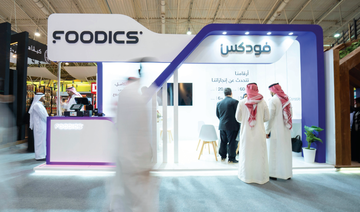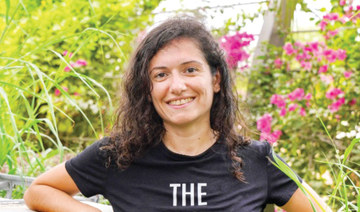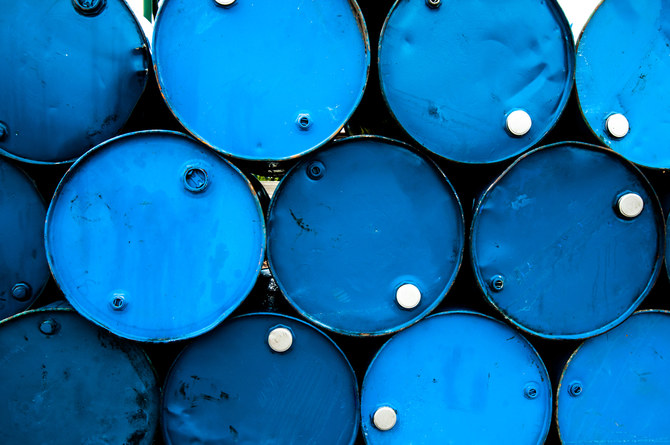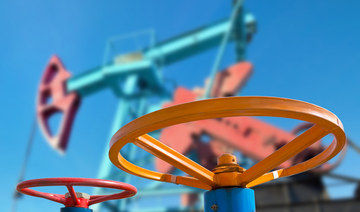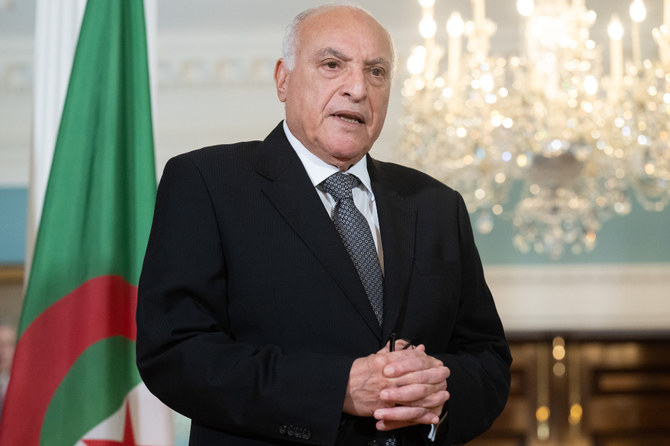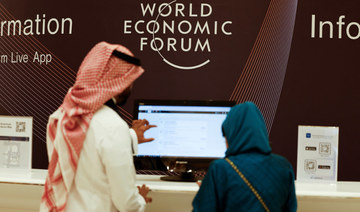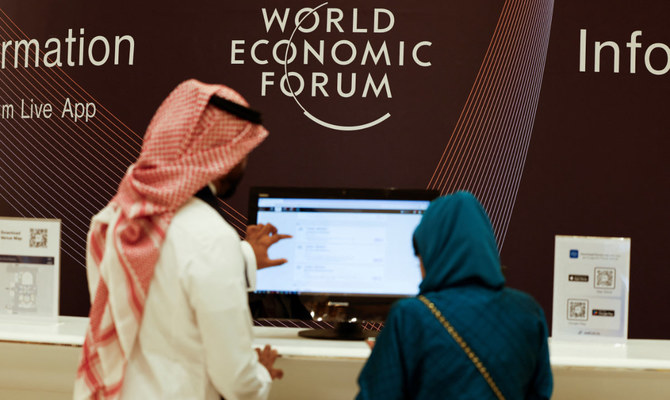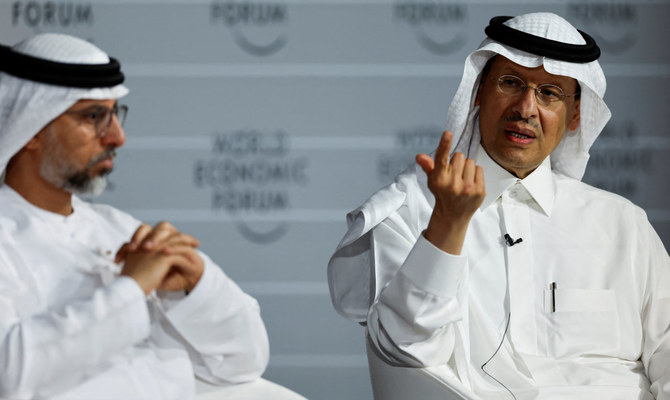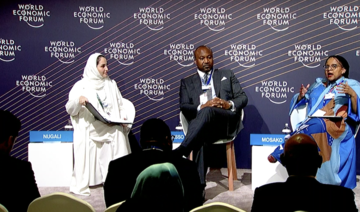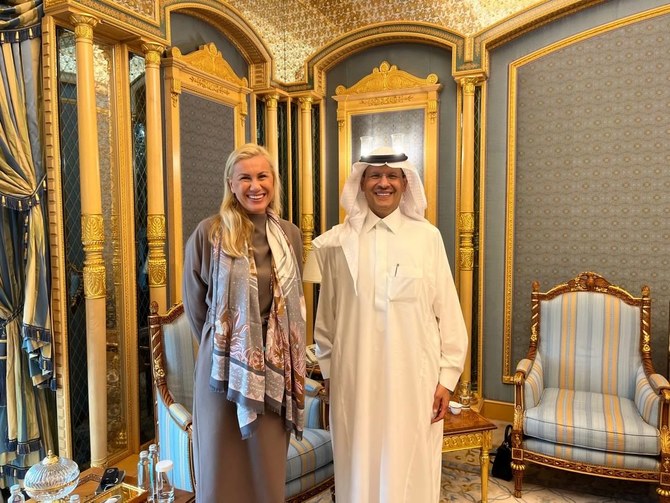DUBAI: UAE-based private equity fund Al Zarooni Emirates Investments will establish a venture studio at Dubai-based Citizens School where students can develop new startups and receive funding, according to the group’s chief investment officer.
Hisham Hodroge, CEO of Citizens School and chief investment officer of Al Zarooni Emirates Investments, told Arab News that the venture studio would create new startups from ideation to market.
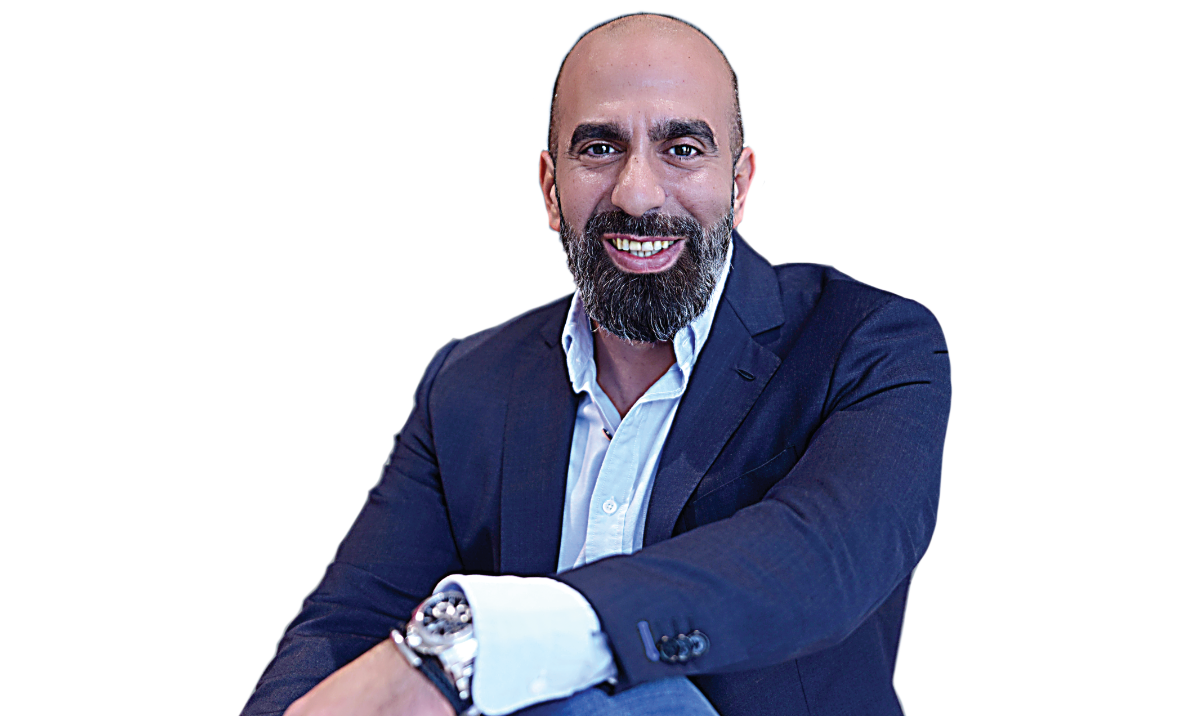
Hisham Hodroge, chief investment officer of Al Zarooni Emirates Investments.
“If the child creates an idea and wants to continue, the venture studio will work with the child and develop the idea further by funding it,” Hodroge said.
“There’s a fund allocated to these ideas and the students graduate, hopefully as business owners,” he added.
Through an initiative such as this, students can learn the ropes of business early, develop business ideas and embrace entrepreneurship by the time they graduate.
Al Zarooni Emirates Investments is currently the sole investor and promoter of the educational institution.
The 43,000 sq. m. school campus has a capacity of 2,600 children and fees range from 36,000 dirhams for stage one of the UK-based Early Years Foundation framework to 52,000 dirhams in the sixth year.
According to a statement, Citizen School uses a custom-built curriculum called Citizens Tapestry, in which students are taught entrepreneurship courses in grade one, according to Hodroge.
Situated in the plush Al-Satwa locality, the school aims not only to create entrepreneurs but to provide its students with the skills to become entrepreneurs. “Our ultimate aim is to instill entrepreneurship skill sets,” Hodroge added.
The school has been progressive on the administrative front as well. Come September, and the school will let parents pay the tuition fees in Bitcoin and Ethereum.
“The reason we are accepting crypto payments is to start a conversation among parents and children about the technology that will influence the lives of the young generations,” said Hodroge.
He added that nearly 10 percent of the parents who have enrolled their children opted to pay in cryptocurrency.
“A while ago, cryptocurrency was only a floating term among well-versed investors. However, today cryptocurrency is becoming much more mainstream, reshaping the traditional financial system,” said Adil Al Zarooni, founder of Citizens School, in a statement.
The shift in approach was primarily driven by its participation in the UAE Future of Learning 2022 survey, which found that 69 percent of parents in the UAE believe artificial intelligence and virtual reality will significantly impact their children’s future.
The survey further pointed out that 54 percent of those parents cited cryptocurrency and the metaverse as the next big influencers.
“Our research shows that there’s a need for education to adapt and evolve by better equipping children with the skills they will need to thrive in an uncertain future,” Al Zarooni said in a statement.



